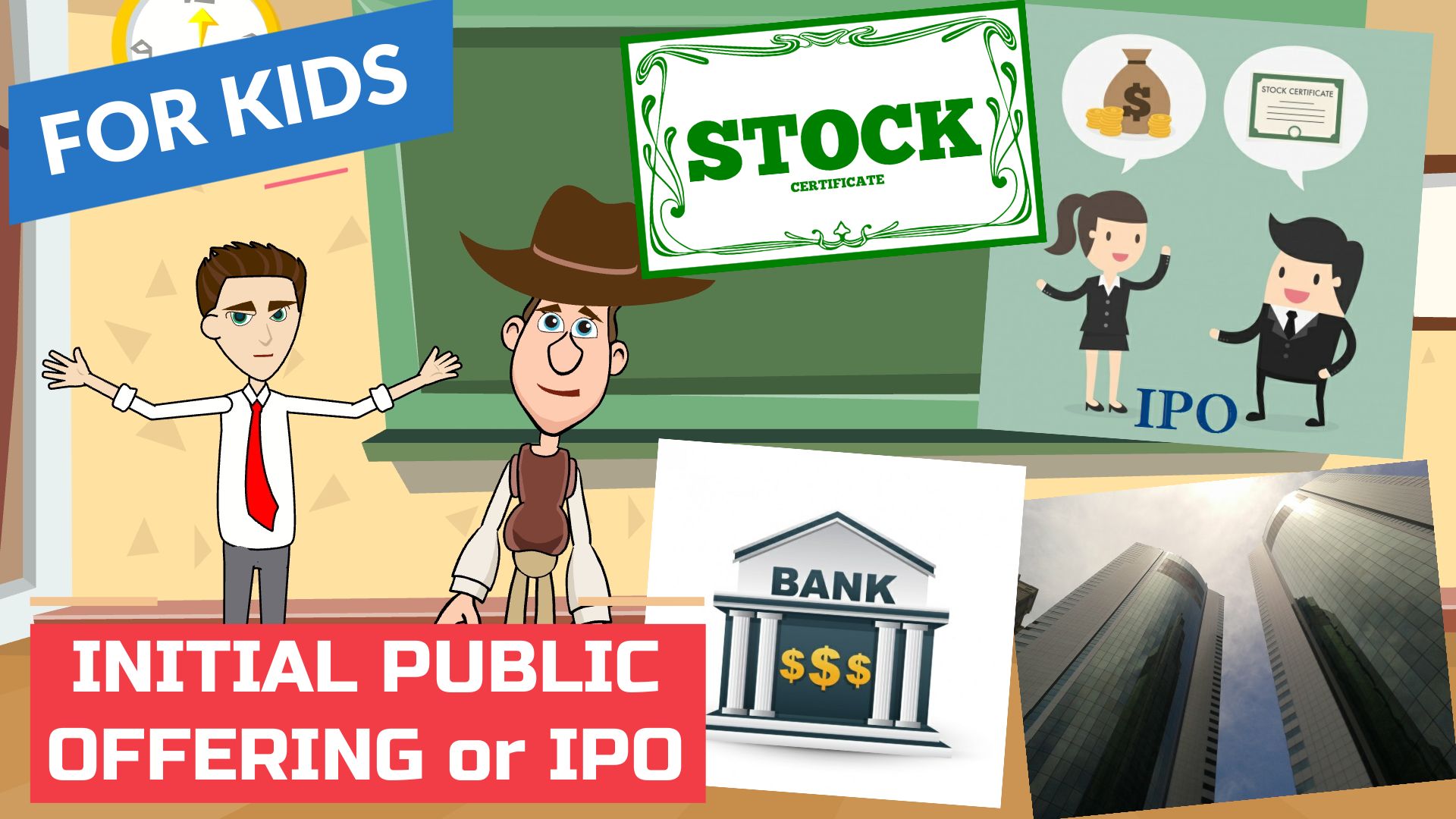What is an IPO?
An IPO, or Initial Public Offering, is a process through which a private company hires an investment bank to sell its stock to the general public for the first time.
After an IPO, the stock gets listed on a stock exchange so that it can be bought and sold like any other stock.
Why does an Initial Public Offering happen?
Companies sometimes need extra money for growth and expansion. An IPO is one of the ways they can raise money.
Plus, IPOs are a win-win: Companies get to raise money, and people get to invest in a company that they haven’t been able to invest in earlier.
How does an IPO benefit investors?
When a company offers its stock to the public through an IPO, investors get to be a part of the future growth of the company – something they would miss out on if the company stayed private.
Another benefit is the possibility of quick gains. Often, the stock price of a company spikes once the stock gets listed after an IPO – this is called an “IPO pop”. So someone who has bought the stock in an IPO can sell it in the open market after listing, and earn a quick profit. However, like everything with stocks, this is not a certainty.
An IPO also benefits private investors who invested in the company before the IPO, because they can now sell their stake in the company in the regular market – something that would otherwise not be possible.
How can someone apply for stock in an IPO?
Buying stock in an IPO is similar to a regular stock trade: You go to your brokerage account during the IPO, and place an order for the company’s stock.
If the stock has not been traded in the market, how is the stock price decided in an IPO?
Like with everything else, the price for an IPO is based on demand and supply. The investment bank hired by the company issuing the stock looks at the projected demand for the stock, and uses that to set the IPO price.
Once the stock is listed in a stock market after the IPO, the number of buy vs. sell orders determine the price of the stock – just like for any other stock.
Is investing in a stock during an IPO better than buying it from the secondary market later?
It depends on the individual company, and your analysis of its future performance.
If you think the stock is overpriced and will go down after the IPO, it’s better to buy it later. But if you think it is fairly valued or underpriced, and will go up after the Initial Public Offering, you can invest during the IPO.
Podcast: What is an IPO or Initial Public Offering
Fun, informative and concise episodes by a 10-year old, breaking down complex financial concepts in a way that kids and beginners can understand. Episodes cover personal finance topics like saving, investing, banking, credit cards, insurance, real estate, mortgage, retirement planning, 401k, stocks, bonds, income tax, and more, and are in the form of a conversation between a cowboy (a finance novice) and his friend, a stock broker. Making finance your friend, only at Easy Peasy Finance.
A little bit about me: I have been fascinated with the world of personal finance since I was 6! I love to read personal finance books, and keep myself updated on the latest by reading various personal finance magazines. My friends often ask me questions about finance because they find it complex and intimidating. That’s what inspired me to start my YouTube channel called Easy Peasy Finance when I was 8, and this podcast 2 years later.
Everything you need to know about IPOs: What is an IPO, Why does an Initial Public Offering happen, How does an IPO benefit investors, How can you apply for stock in an IPO, If the stock has not been traded in the market how is the stock price decided in an IPO, Is investing in a stock during an IPO better than buying it from the secondary market later, and more.
Show notes and transcript at: https://www.easypeasyfinance.com/what-is-an-ipo-or-initial-public-offering/


